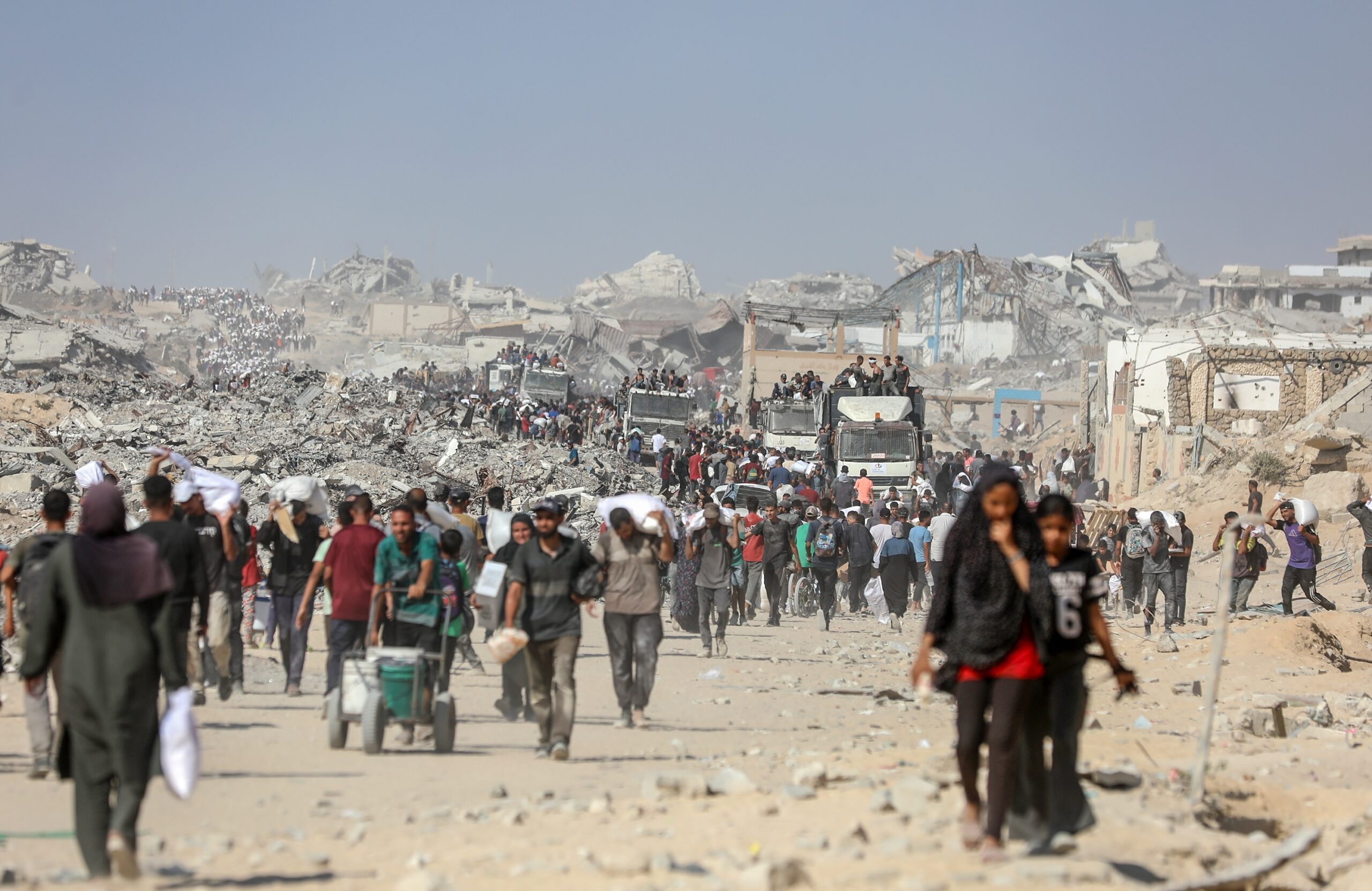On 28 September 2025, the Dubai International Cricket Stadium hosted a tense Asia Cup final where India defeated Pakistan, with young batsman Tilak Varma scoring a calm, unbeaten 69. Fans anticipated a traditional celebration, but the Indian players refused to accept the trophy from Mohsin Naqvi, the President of the Asian Cricket Council. The presentation ceremony was abruptly halted, turning what should have been a night of triumph into another chapter in their ongoing rivalry.
The fallout was Immediate. Naqvi described India’s refusal as “utterly disappointing” and an affront to the spirit of the game. Former Pakistani cricketers accused India of arrogance and warned the episode would damage the reputation of cricket as a gentleman’s sport. In India, officials countered that the team had not deliberately refused the trophy and that mismanagement by the organisers had created confusion. Captain Suryakumar Yadav told reporters that the players were “denied” the chance to receive the silverware. In a region where every gesture is scrutinised for political meaning, the lack of a handshake and the absence of a trophy lift became evidence of estrangement.
The controversy is not an isolated incident. Earlier in the tournament, Indian players had repeatedly avoided handshakes with their Pakistani counterparts at the toss and after matches. Pakistan read these as deliberate slights. India insisted they were minor matters, but the repetition suggested something more deliberate. Each non-gesture fed into the mistrust between two nuclear-armed neighbours whose relationship is defined by war, terrorism, and unresolved territorial disputes. To global audiences, this episode might seem like a sports drama, but in South Asia, cricket has always served as a form of diplomacy.
Cricket Diplomacy Under Strain
Cricket diplomacy has a complex history in South Asia. The sport itself is a colonial inheritance, but it became one of the few shared cultural stages between India and Pakistan after Partition. During moments of relative calm, cricket served as an informal diplomatic channel. In 1987, Pakistani President General Zia-ul-Haq attended a test match in Jaipur, marking the beginning of “cricket diplomacy” aimed at defusing border tensions. In 2004, India toured Pakistan in a series hailed for softening hostilities, with images of Indian fans in Lahore welcomed with open arms. Matches often provided opportunities for leaders to meet on the sidelines when formal talks were frozen.
That fragile tradition has frayed over the last two decades. The 2008 Mumbai terror attacks ended India’s willingness to treat cricket as a diplomatic bridge. Bilateral tours stopped, and encounters were limited to international tournaments on neutral grounds. Since the Pulwama attack in 2019 and the Balakot airstrikes, India has grown increasingly reluctant to even appear conciliatory in the cricketing arena. Hosting rights have become contentious, with India refusing to travel to Pakistan, and matches have been shifted to neutral venues. What happened in Dubai was the culmination of this trajectory: even rituals of courtesy such as handshakes and trophy lifts are now contested.
The Asia Cup final demonstrates that cricket is no longer a buffer, but an extension of state rivalry. For India, refusing to accept the trophy from a Pakistani official can be read as an attempt to align with domestic political sentiment, where images of camaraderie with Pakistan risk backlash. For Pakistan, the refusal was an insult, a denial of recognition on an international stage. Neither side comes out looking diplomatic. The game, once a fragile bridge, has become another battlefield.
For the rest of the world, this should not be dismissed as parochial melodrama. Sport has often played a role in international relations. The United States and China utilised table tennis matches in the 1970s to open diplomatic doors, a strategy that became known as ping pong diplomacy. The Cold War was fought in Olympic boycotts and medal counts as much as in speeches. Football has mediated tensions in Africa and Latin America. The Foreign Policy Association has long argued that diplomacy is not limited to embassies and summits but takes place in culture, sport, and shared identity. South Asia’s cricket diplomacy was one of the clearest cases of that principle. Its breakdown is therefore not a trivial matter, but a warning about the limits of soft power.
The Dubai episode shows how much cricket has changed in South Asia. What was once seen as a rare escape from politics now mirrors the hostility of the region. Covering sport here is no longer just about scores or strategy, it’s about reading signals between governments. A missing handshake may sound trivial, but in South Asia, it speaks louder than a diplomatic communique.
Lessons From South Asia and Beyond
The implications go beyond sport. Cricket boards in both countries may move toward boycotts or scheduling fewer matches, depriving millions of one of the few spaces where people-to-people contact still exists. Governing bodies like the International Cricket Council and Asian Cricket Council face credibility challenges if politics can derail trophy presentations and medal ceremonies. For South Asia as a whole, the episode should be a source of embarrassment. Leaders speak of an “Asian Century” and South Asia’s potential for global leadership, yet they cannot separate a sporting ceremony from political rivalry.
The episode also reveals how nationalism and domestic politics drive these decisions. In India, the ruling government has little incentive to show conciliatory gestures toward Pakistan, especially ahead of state elections. In Pakistan, where cricket is deeply tied to national pride, the refusal to shake hands plays into a grievance of disrespect and marginalisation. Both governments find value in confrontation, even in cricket.
There are ways forward, although they require a strong political will. Neutral officials could be appointed to oversee presentations to avoid controversies. Protocols could be agreed in advance to insulate ceremonies from diplomatic tensions. Cricketing institutions could assert their autonomy by insisting that sporting rituals be respected regardless of political disputes. These measures will not resolve the India-Pakistan rivalry, but they could protect the game from being further discredited.
When rituals of respect collapse, the possibilities for dialogue shrink. Sports, at their best, turn rivals into respected adversaries and spectators into a global community. When this experience is weaponised, it exacerbates divisions rather than healing them. A handshake refused and a trophy withheld may seem like small matters, but they tell us that in South Asia today, the world should pay attention. India and Pakistan’s cricket matches show the world exactly where their relationship stands—and right now, even a handshake is too much to ask.
Akshit Tyagi has worked full-time as a business and financial journalist in India for Republic TV, has worked part-time for The Canberra Times, and writes regularly for Australian Outlook and Independent Australia among others. Akshit Tyagi is a Master’s student of International Relations student at ANU, Canberra.
This article is published under a Creative Commons license and may be republished with attribution.





